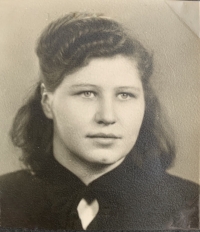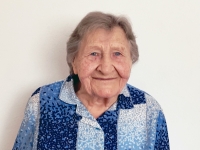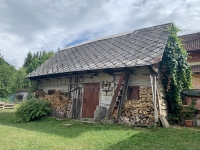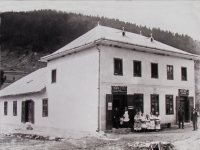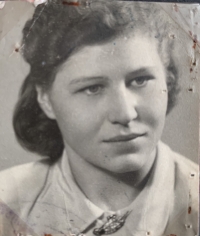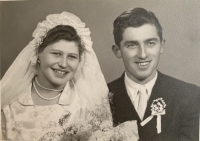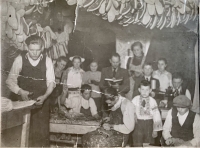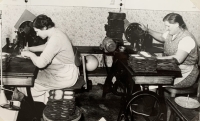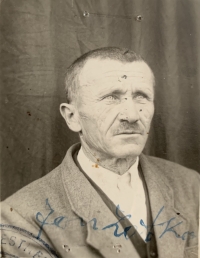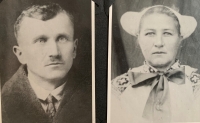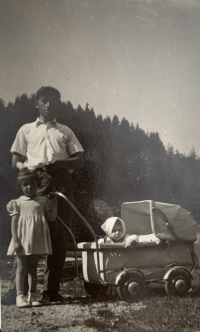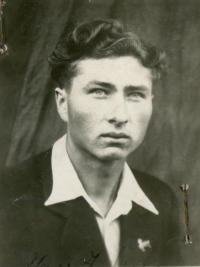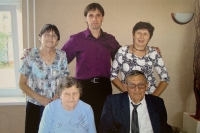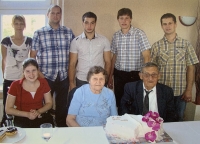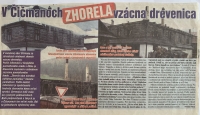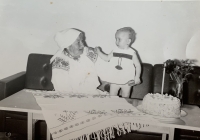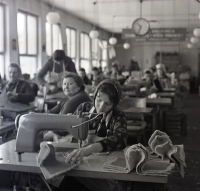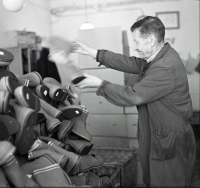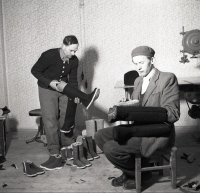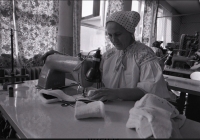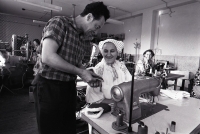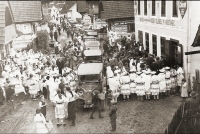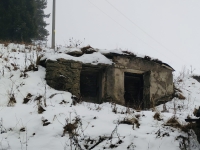When I hear the planes whirring, I remember how I was sitting alone in the forest and the uprising began

Download image
Alžbeta Kamasová, born Zaťková was born on May 12, 1934 in Čičmany. Father Ján Zaťko and mother Mária were small farmers, they made extra money by sewing cloth slippers, which the children also led to do. The father was a peddler of haberdashery, later he worked in the forest. Elizabeth had an older brother and three younger siblings. Čičmany was an isolated village, during the Second World War they were not a center of strategic interests. In 1942, the family of merchant Glásel was dragged to Auschwitz. After the outbreak of the SNP, the surrounding mountains were occupied by partisans. There were two arrivals of men in Čičmany, the first in December 1944 included Elžbeta’s brother Ján. The village was occupied by the Germans, but the people supported the partisans, provided them with food. In February 1945, French partisans passed through the village, Elizabeth’s mother cooked and baked for them. Brother Ján went to the mountains to join the partisans. In April 1945, the Germans wanted to retreat through the village, but the local patrols were eliminated. German tanks came to the village and burned it down. They ordered a second embarkation and dragged 65 men to Mühlberg. Alžbeta and her family and the other villagers fled to the mountains, later they moved to Gápel. After returning to Čičmian, they found a destroyed village, many burnt houses. After the war, Alžbeta lived for a year with her uncle in Cheb on a farm. She later returned, finished school, got married and worked as a saleswoman and shoemaker. A production cooperative for the production of cloth slippers was established in Čičmany, where Alžbeta also worked until her retirement. In August 1968, she had a small son and was afraid that the war was coming again. He has three children, six grandchildren, lives in the DSS in Dubnice nad Váhom.
